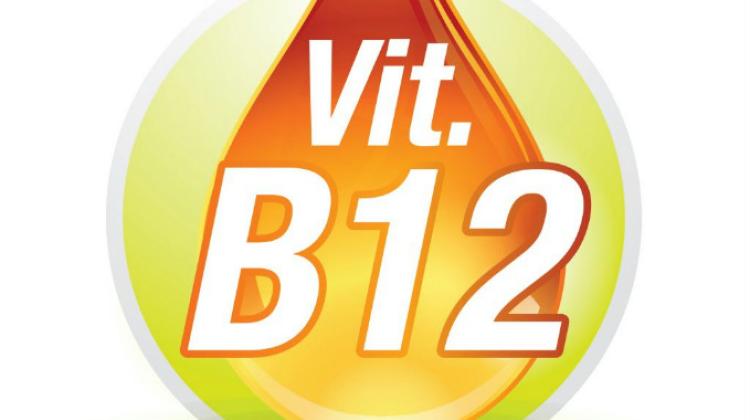Vitamin B12 as a Trojan horse to fight bacteria

The nucleic acids DNA and RNA are composed of nucleotides. Their analogues, in which the original skeleton is replaced by another, more stable one - can effectively fight the bacteria. The problem is that bacterial cells do not receive them from the environment. Vitamin B12 might help and - like the Trojan horse - smuggle them into the cell.
Antibiotics used to treat bacterial infections are often treated as panacea. Abused or incorrectly administered they cause the bacterial resistance phenomenon. As a result, bacteria evolve rapidly, developing into antibiotic-resistant strains, which often leads to the emergence of microbes resistant even to several antibiotics administered at the same time.
Therefore, scientists are looking for new, alternative medicines that inhibit the development of bacteria. Most of the currently used antimicrobial substances are organic compounds that interact with proteins, for example receptors, enzymes.
An alternative strategy might be to use modified oligonucleotides, or fragments of nucleic acids such as DNA or RNA. Such molecules are the target of the interdisciplinary team led by Prof. Dorota Gryko from the Institute of Organic Chemistry in Warsaw. "Peptide analogues of oligonucleotides block the process of bacterial growth by inhibiting the production of proteins" - the researcher told PAP.
While such molecules have many biological properties, and are potential drugs, bacteria do not receive them from the environment. This makes it difficult to use them as new antimicrobial substances. "Due to the construction of oligonucleotides, cell membranes do not allow for the delivery of these compounds into cells. The main objective of our research is to find effective and non-invasive methods for introducing oligonucleotide analogues into the cells of bacteria" - emphasised Prof. Gryko.
In this project, scientists want to use vitamin B12 as a transporter that "drags" the oligonucleotide analogoue along into the cell.
Vitamin B12 is essential for the functioning of the body, so each cell has to retrieve it. It naturally passes through the cell wall of bacteria, so it can be used as a "Trojan horse" for oligonucleotide analogues. "In the bacterial cell wall there is a transport path for vitamin B12. When getting into a cell, it does not pass directly through the cell membranes, but through specific proteins. Experiments show that if we attach another molecule to vitamin B12 in a specific place, cells will retrieve it and it will be transported into the cell" - explained Prof. Gryko.
The developed strategy can be used not only in the development of new antibacterial substances, but also in many other fields: biotechnology, molecular biology, diagnostics. If, for example, markers - fluorescent substances - are attached to Vitamin B12, with the appropriate method of detection it will be possible to see where exactly they are in the cells.
"Depending on the application, each sequence of oligonucleotide analogues of vitamin B12 has to be designed a bit differently. Their structure will also be adjusted to the specific bacteria. Our first target will be E.coli" - explained the researcher.
The project involves researchers from various disciplines and research centres. The team of Dr. Joanna Trylska of the Centre of New Technologies of the University of Warsaw has selected analogues of oligonucleotides with potential antibacterial properties. With the help of computer simulations conducted by her team, in collaboration with Prof. Cameron Mura of the University of Virginia, a group of connectors between vitamin B12 and analogues of oligonucleotides will be identified. The team of Dr. Dorota Gryko will synthesize derivatives of vitamin B12 suitable for combining with the oligonucleotide analogues.
PAP - Science and Scholarship in Poland, Ewelina Krajczyńska
ekr/ agt/ kap/
tr. RL
Przed dodaniem komentarza prosimy o zapoznanie z Regulaminem forum serwisu Nauka w Polsce.















